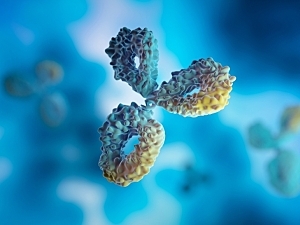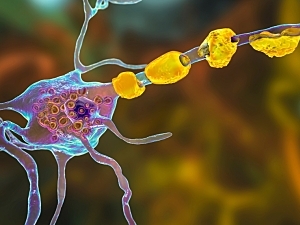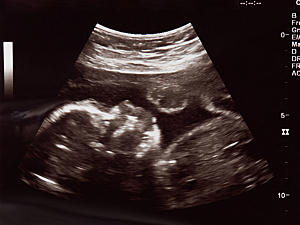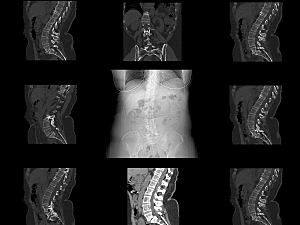AAOS 2023: Antibiotic Calcium Sulfate Beads Safe and Effective for High-Risk Orthopedic Patients
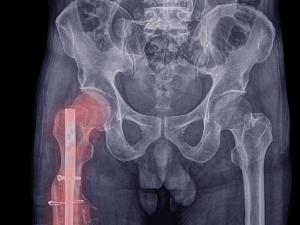
At the 2023 Annual Meeting of the American Academy of Orthopaedic Surgeons (AAOS), Healio recorded a video of Nishant Suneja, MD, director of complex orthopaedic trauma and deformity correction at Brigham and Women’s Hospital, discussing his latest research.
Read More...



